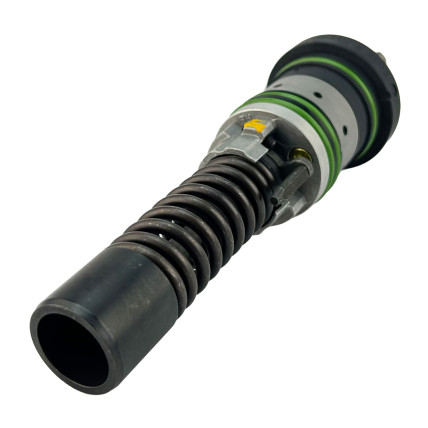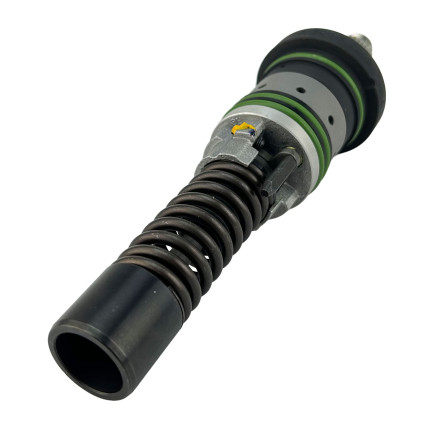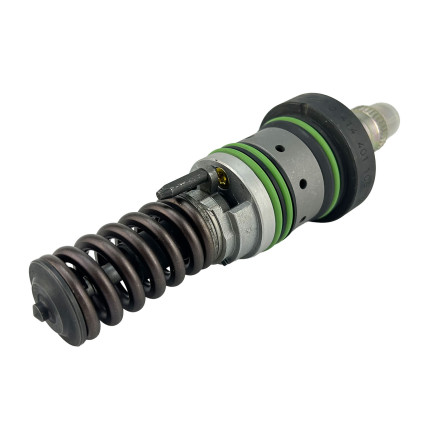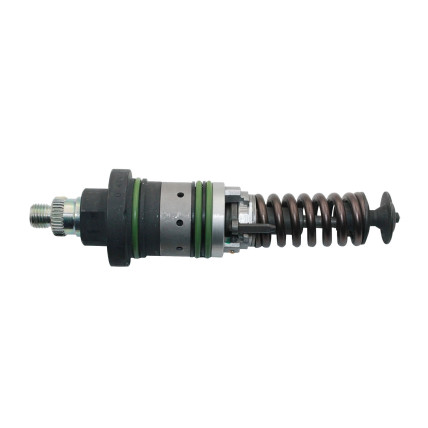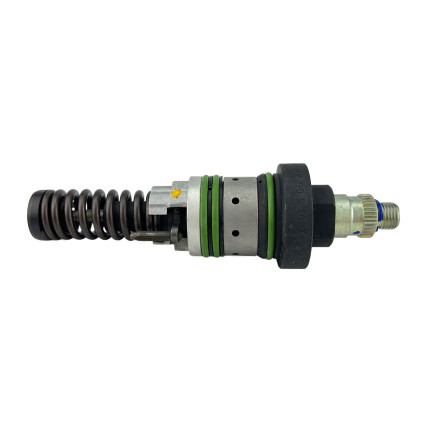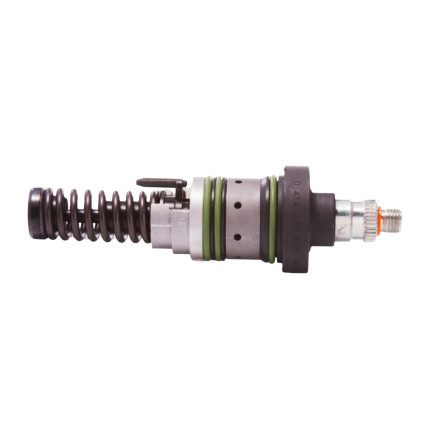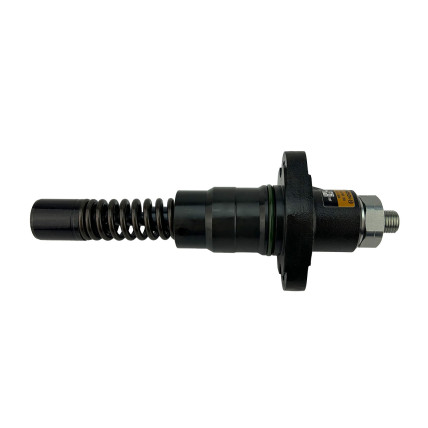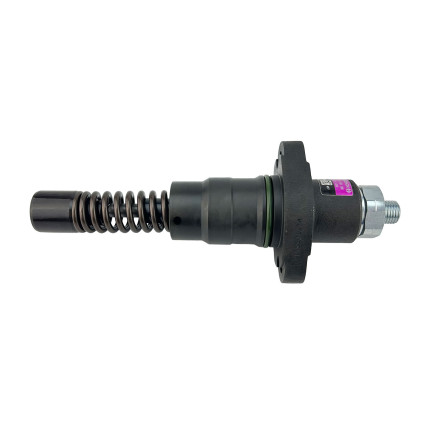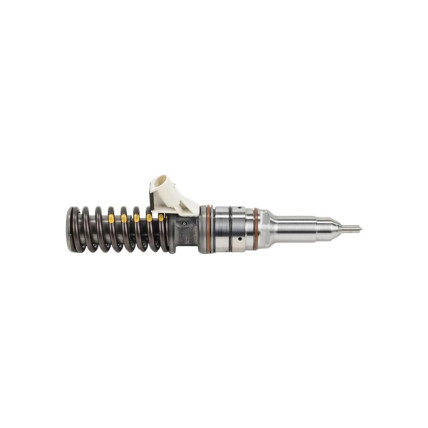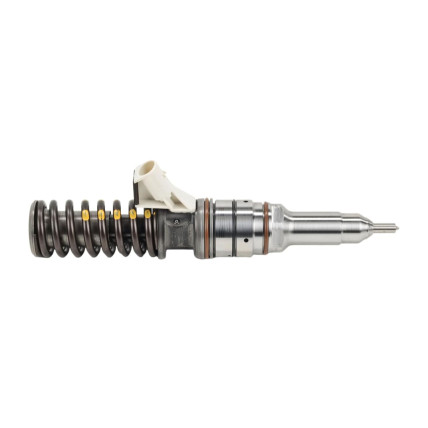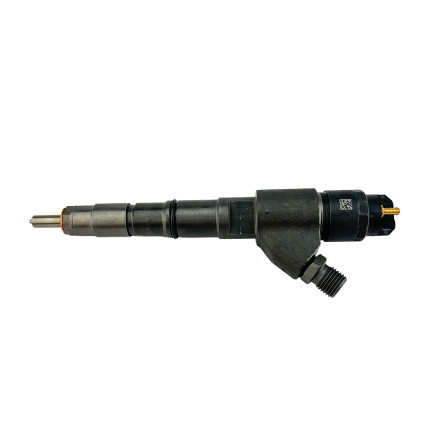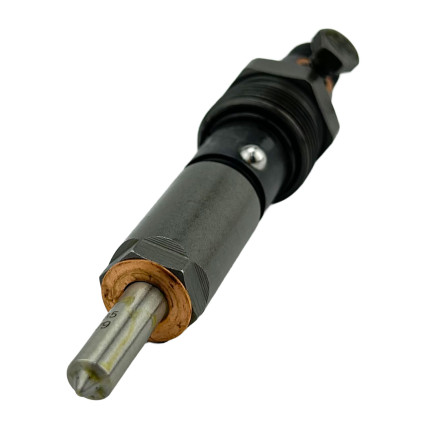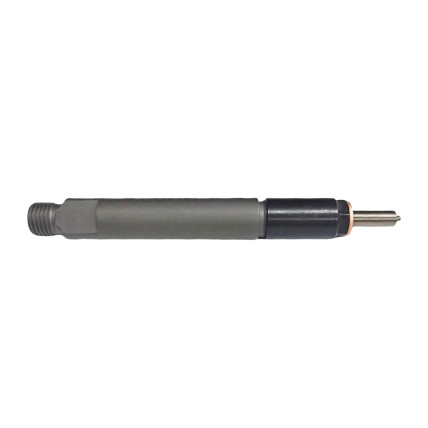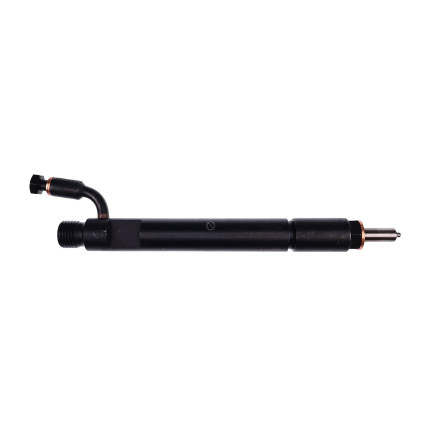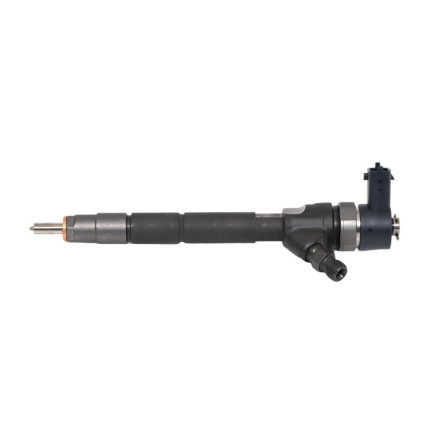In modern diesel engines, injectors play a key role in the fuel system.
If you are looking for Bosch injectors, Delphi unit injectors or Denso injectors for cars, trucks, tractors or special equipment, Aspect Plus offers original spare parts with a quality guarantee.
Here you will find original injectors for engines from Perkins, Cummins, Caterpillar, Isuzu, JCB, Deutz, Hino, Yanmar, Volvo, Iveco, Mitsubishi, Kubota and other manufacturers.
Our range includes:
- Common Rail fuel injectors(Bosch, Delphi, Denso, Cummins, Caterpillar, Isuzu)
- Pump-injectors and unit-injectorsfor trucks and agricultural machinery (Delphi, Bosch)
- Mechanical injectors for Perkins, JCB, Massey Ferguson, New Holland
In stock injectors and components from leading fuel equipment manufacturers:
- Bosch – for Cummins, Deutz, JCB, Case, New Holland, MAN, Mercedes-Benz engines; Deutz, Volvo
- Delphi – DP, EJBR, Perkins / JCB / Massey Ferguson series (pump injectors and electromagnetic injectors);
- Denso – injectors for Isuzu, Hino, Mitsubishi Fuso, Toyota;
- Perkins – original and replacement injectors for Perkins 4.236, 1004, 1104, 1106, 1204, 1206 engines;
- Cummins – injectors for 4BT, 6BT, QSB, QSC, QSL engine series used in construction and agricultural machinery;
- Caterpillar – injectors for CAT 3054, 3056, 3066, C4.4, C6.6, C7, C9, C13 engines;
- Isuzu – injectors for 4JB1, 4JG1, 4HK1, 6HK1, 6WG1, 6UZ1 engine series and Hitachi, JCB, Case, Doosan special equipment;
- Denso / Zexel – for Japanese engines Isuzu, Hino, Yanmar, Kubota, Nissan.
The most popular nozzles that are in demand among our customers:
Bosch 0414401102 injector pump–
Cross numbers: Deutz 02111335, Volvo Penta 11700423
Engines: Deutz BFM1013
Equipment: Deutz-Fahr tractors (Agrotron, Agroplus), Volvo Penta generators
Bosch injector pump 0414401105
Cross number: Deutz 02112860
Engines: Deutz BF4M1013, BF6M1013, Volvo TAD520GE–TAD721GE
Equipment: Deutz, Volvo Penta trucks and generators
Bosch injector pump 0414401106
Cross number: Deutz 02111335 (old versions)
Engines: Deutz F3L912, F4L912
Equipment: Volvo EC140, EC140B, BL60 excavators, Deutz tractors and combines
Bosch injector pump 0414491107
Cross numbers: Deutz 02111636, 02113000
Engines: Deutz BF4M2013, BF6M2013
Equipment: combines, bulldozers, Deutz tractors and licensed equipment
Bosch 0414703008 injector pump–
Cross numbers: Iveco 504287070, 504255183
Engines: Iveco Cursor 10, Cursor 13
Equipment: combines Case IH AF 8230, AF 9230, New Holland CR-series
Bosch 0414703009 injector pump
Cross numbers: Iveco 504287106, 504099014
Engines: Iveco Cursor 10, F3AE/F3BE
Equipment: Case IH Magnum, Steiger, New Holland T8/T9 tractors
Common Rail Injector Bosch 0445110338
Cross numbers: Renault 8200839859, Opel 95521529
Engines: Renault/Nissan M9R 2.0 dCi
Vehicles: Renault Trafic II, Opel Vivaro, Nissan Primastar (2006+)
Common Rail Injector Bosch 0445120066
Cross numbers: Deutz 04290931, Volvo 20798114
Engines: Deutz TCD2013, Volvo D6D
Equipment: MAN trucks, Renault Trucks, Volvo FM/FH (older models)
Common Rail Injector Bosch 0445120236
Cross number: Cummins 5263308
Engines: Cummins QSB 6.7, Komatsu SAA6D107E
Equipment: Komatsu PC200-8/PC220-8, Case, Hyundai, New Holland excavators
Bosch injector 0432191531
Cross numbers: Cummins J931735, Case 3931735
Engines: Cummins 6CT 8.3
Equipment: Case 2388 combines, Case IH Magnum 255 tractors, New Holland
Didn't find the one you like? - Call us, we will select it for you and advise you.

